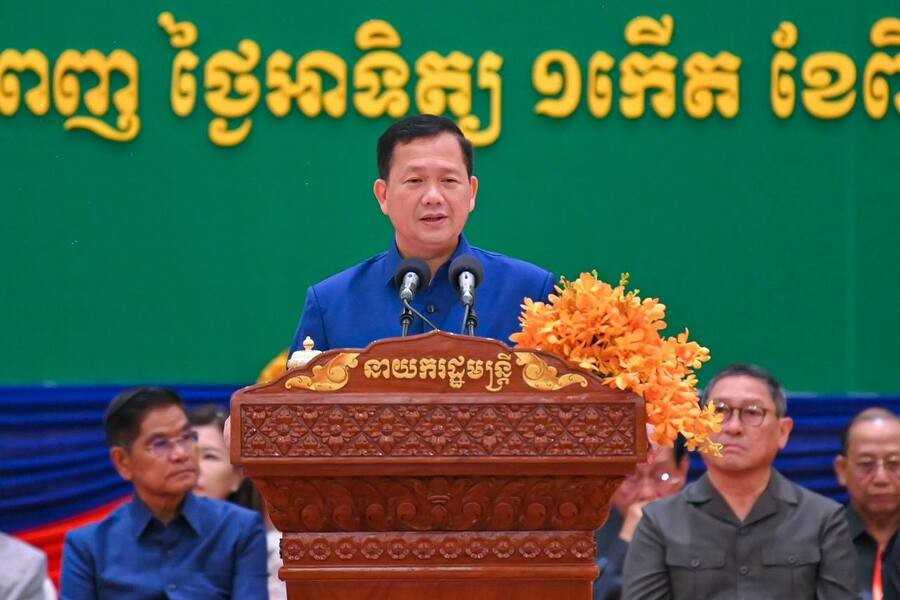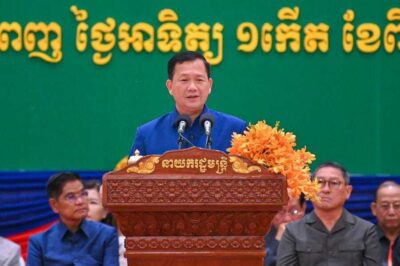
Government’s Commitment to Civil Service Reform
Prime Minister Hun Manet of Cambodia has reaffirmed the government’s dedication to enhancing the salaries of civil servants as part of broader civil service reforms. This initiative aims to improve public sector performance and reduce corruption, aligning with the government’s goal to achieve upper middle-income status by 2030 and become a high-income economy by 2050. The Prime Minister emphasized the importance of these reforms in achieving sustainable socio-economic development and urged all stakeholders to actively participate in the process.
Financial Allocation for Civil Servants and Armed Forces
In line with the government’s commitment, a significant portion of the national budget has been allocated to support civil servants and members of the armed forces. In 2024, the government appropriated over $2.5 billion for salaries, recruitment, and operational allowances. This allocation reflects the government’s prioritization of public sector welfare, even amidst global economic challenges. The planned 5% salary increase for civil servants and armed forces personnel demonstrates the government’s recognition of their vital role in national development.
Reforms in Recruitment Processes
Prime Minister Hun Manet highlighted the success of recent reforms in the civil service recruitment process, which have led to increased transparency and a reduction in nepotism. Since August 2023, the Ministry of Civil Service has conducted multiple recruitment exercises, attracting thousands of applicants for various positions. The recruitment process has been closely monitored by the Anti-Corruption Unit and law enforcement agencies to ensure fairness and integrity. These reforms aim to build a merit-based civil service that effectively serves the needs of the Cambodian people.
Training and Capacity Building
The Royal School of Administration (RSA) plays a crucial role in the government’s efforts to enhance the capabilities of civil servants. In 2024, the RSA initiated training programs for 393 civil servants, including 82 women, focusing on developing skills and knowledge necessary for effective public administration. The training programs are designed to align with the government’s Phase 1 Pentagon Strategy, which emphasizes governance, modernization, job growth, equity, efficiency, and sustainability. The RSA aims to become a modern, efficient, and transparent institution that meets the evolving needs of civil servants.
Streamlining Government Ministries
Prime Minister Hun Manet has called for the strengthening, rather than expansion, of government ministries and institutions to improve efficiency. This approach involves reviewing organizational structures, adjusting roles and responsibilities to avoid overlap, and streamlining operations. By focusing on strengthening existing institutions, the government aims to enhance service delivery and ensure that civil servants’ roles align with the ministries’ responsibilities. This initiative is part of the broader civil service reform efforts to create a more effective and accountable public sector.Conclusion
Cambodia’s commitment to improving civil servants’ salaries and implementing comprehensive civil service reforms reflects the government’s dedication to enhancing public sector performance and reducing corruption. Through financial investments, recruitment reforms, capacity building, and institutional strengthening, the government aims to build a civil service that effectively serves the needs of the Cambodian people. These efforts are crucial steps toward achieving the nation’s socio-economic development goals and ensuring a prosperous future for all citizens.








































Leave a Reply